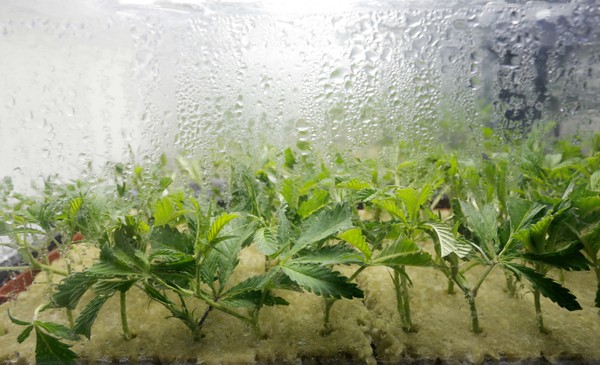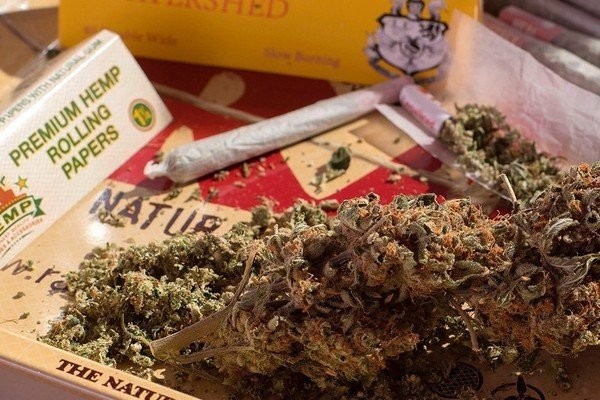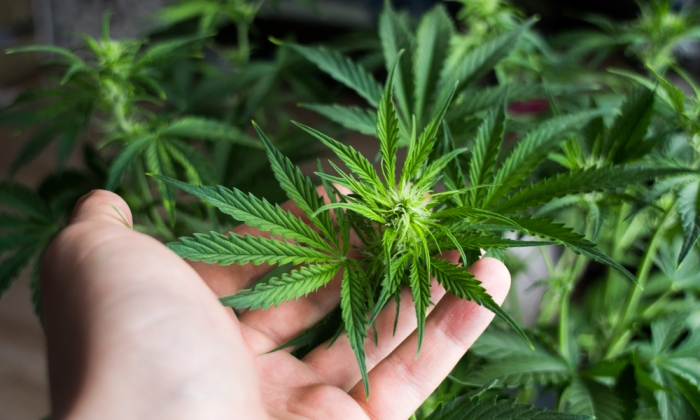Medical marijuana is legal in New Jersey, but there’s no shortage of complaints from those who say the program is too restrictive and expensive.
When there’s a market for a product but that product is hard to get, scammers will take advantage.
That’s what happened in recent cases in Florida and Tennessee, and there’s no reason to think the scam can’t migrate north to New Jersey.
In the Tennessee case, a homeowner who lives with chronic pain received a hopeful postcard in her mailbox, reports said.
The postcard promised relief.
It was from the “National Pain Relief Center of Amsterdam,” offering to make her part of its Marijuana Medical Pain Relief Critical Plan.
Desperate for help, the woman called the number and gave over her bank account information.
But shortly thereafter, she said, she had a bad feeling about the decision.
She took a closer look at the post card.
“It says it’s legal in 50 states. Well, it’s not legal in Tennessee,” the victim told a local news organization.
But by that time, it was too late. The con artists had emptied her bank account and even left her with an overdraft, she said.
Frighteningly, that homeowner seemed to be targeted. Her neighbors didn’t receive the same postcard, reports said, so perhaps someone who knew of the homeowner’s pain issues were looking for specific marks — people they knew were living with pain — for the scam.
Florida’s health department warned of a similar scam earlier this year.
It said businesses were offering free or reduced-cost access to medical marijuana and in some cases, said they were impersonating employees of the “Office of Compassionate Use” — the real Florida authority that handles medical marijuana in that state.
The con artists would call residents, saying they could help facilitate medical marijuana for them. All they needed was the patient’s Social Security number and credit card number.
We want New Jerseyans to be on guard for similar offers.
New Jersey’s eight-year-old medical marijuana law allows patients with pain, muscle spasms, post traumatic stress disorder and other illnesses to use marijuana for relief as recommended by their doctors.
The state’s health department says there are now more than 15,000 patients registered for the program.
Nearly 5,000 more patients signed on in 2016, more than doubling the previous year’s enrollment.
Earlier this year, dozens of patients who want to see the program expand to include more conditions testified before a state medical advisory panel. We’re still waiting for that decision.
With ongoing complaints about the system, there are still people — people who are normally law-abiding citizens — who are willing to risk arrest and choose to buy their product on the street instead.
One state legislator even said it was easier for his mother to get highly-addictive opiods than it was to join the medical marijuana program.
“My mother can get 120 opioids at the drop of a hat because she has multiple sclerosis, but to try to get marijuana it’s such rigamarole, she won’t do it,” Sen. Nicholas Scutari (D-Union) said in June. “It’s so much easier to get this narcotic, but she can’t get the marijuana that would probably benefit her under the bill I passed seven years ago. With all the hurdles we have put up, my mother can’t get it.”
If you’re staying up on the status of medical marijuana in the state, don’t miss last month’s big development. An appellate court said the state has the authority to reschedule cannibus — no longer classifying it as one of the most dangerous drugs — because the state has a medical marijuana law.
And read this story to learn more about the state’s sixth and final dispensary’s plan to open.
credit:nj.com













